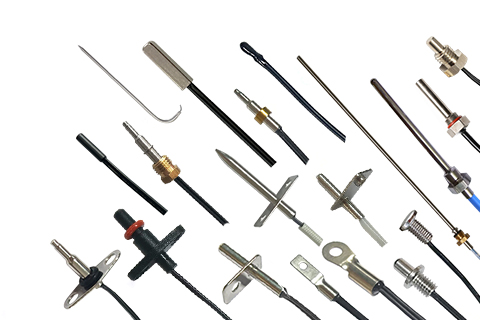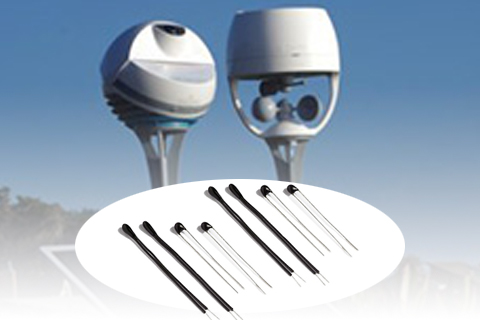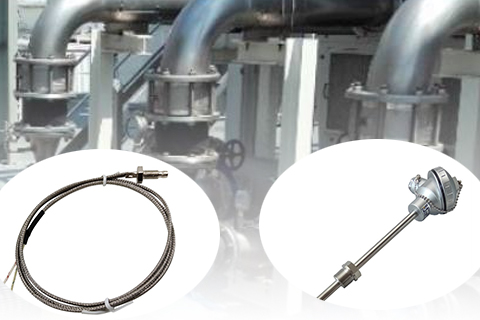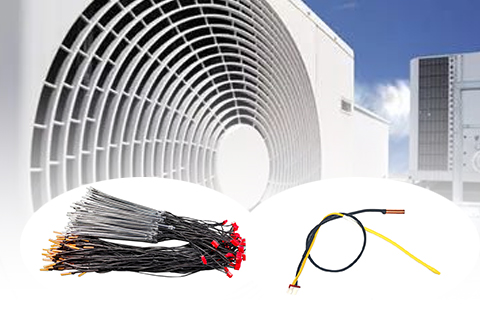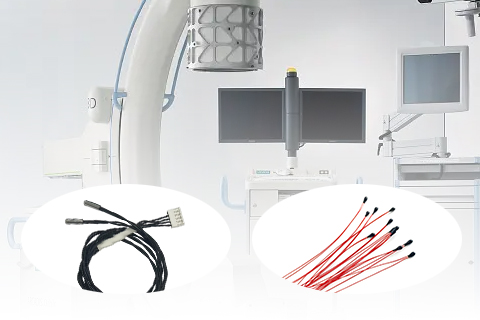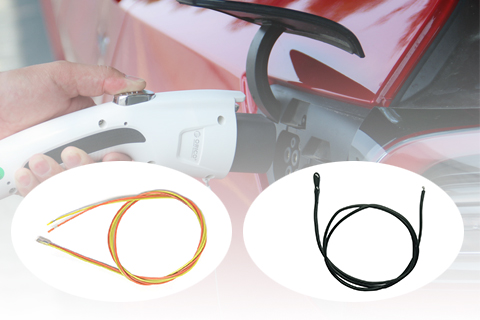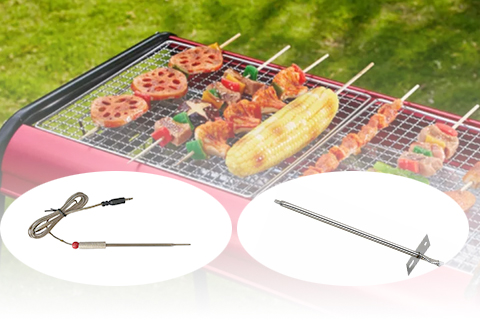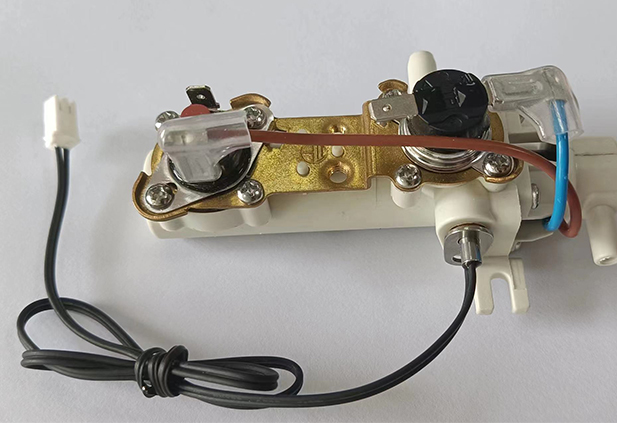Exploring the Diverse Applications of Temperature Sensors
Exploring the Diverse Applications of Temperature Sensors
Temperature sensors are versatile devices that play a crucial role in various industries and everyday applications. From monitoring environmental conditions to ensuring the optimal performance of electronic devices, these sensors offer invaluable insights into temperature changes. Let’s delve into some of the primary uses of temperature sensors:
1. Climate Monitoring: Temperature sensors are essential for tracking weather patterns, climate changes, and environmental conditions. They help meteorologists gather data for weather forecasts, assess climate trends, and study the impact of global warming.
2. Industrial Processes: In manufacturing and industrial settings, temperature sensors are utilized for process control, ensuring that equipment operates within specified temperature ranges. They are instrumental in regulating the temperature of machinery, monitoring chemical reactions, and preventing overheating.
3. HVAC Systems: Heating, ventilation, and air conditioning (HVAC) systems rely on temperature sensors to maintain comfortable indoor environments. These sensors enable precise temperature regulation, energy efficiency, and automated climate control in residential, commercial, and industrial buildings.
4. Healthcare and Medical Devices: Temperature sensors are integrated into medical devices such as thermometers, incubators, and patient monitoring systems. They assist healthcare professionals in accurately measuring body temperature, monitoring patient vital signs, and providing optimal care.
5. Automotive Industry: Temperature sensors are essential components in vehicles, responsible for monitoring engine temperature, coolant levels, and cabin climate control. They help prevent engine overheating, optimize fuel efficiency, and ensure passenger comfort.
6. Food Safety: In the food industry, temperature sensors play a critical role in food safety and quality control. They monitor and regulate temperatures during food processing, storage, and transportation to prevent bacterial growth, ensure freshness, and comply with safety regulations.
In conclusion, temperature sensors serve a wide range of purposes across various industries, contributing to efficiency, safety, and quality in numerous applications. Their ability to accurately measure temperature variations makes them indispensable tools in modern technology and daily life.

